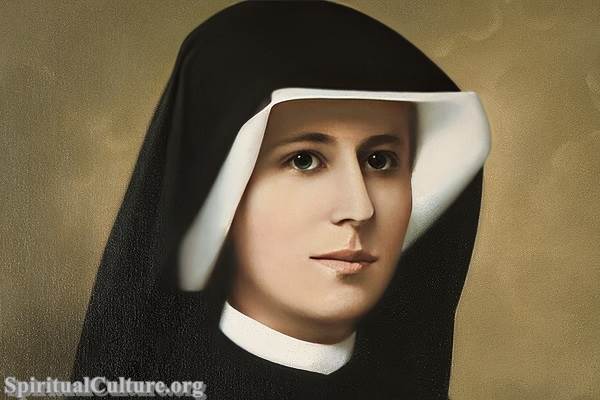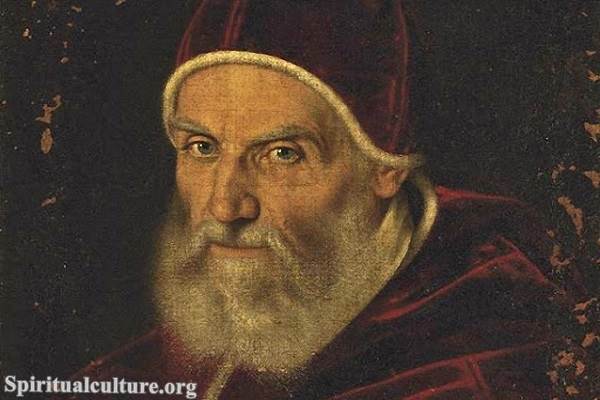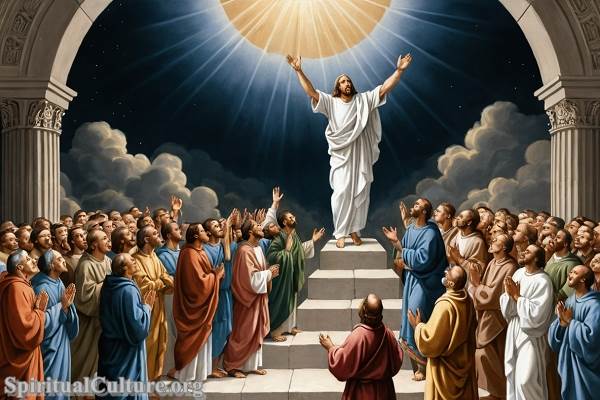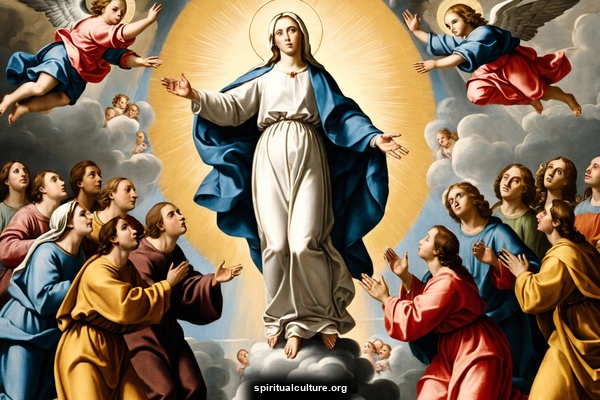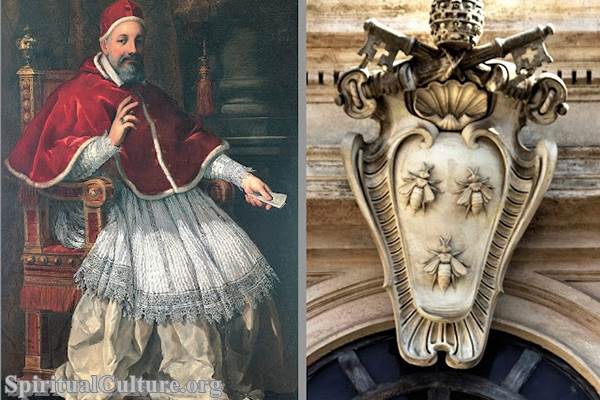Pope Clement VIII was born in Fano, Italy, and was the nephew of Pope Pius IV. He studied law in Bologna and was appointed a cardinal by Pope Gregory XIII in 1585.
As pope, Clement VIII was known for his efforts to reconcile the Catholic and Protestant Churches, particularly through his support of the Council of Trent and the implementation of its reforms. He also worked to restore the Papal States and strengthen the papacy’s political power.
During his pontificate, Clement VIII issued several important documents, including the papal bull “Cum Sicuti” (1593), which condemned witchcraft and established procedures for prosecuting those accused of witchcraft.
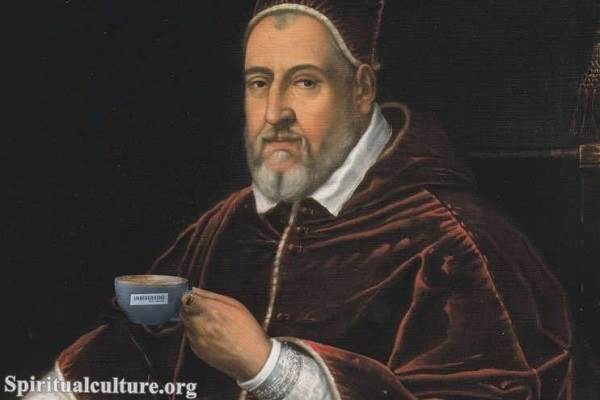
Clement VIII is also remembered for his patronage of the arts and architecture. He commissioned the construction of the Villa Aldobrandini in Frascati, near Rome, and he oversaw the restoration of several important churches in Rome, including the Basilica of Santa Maria Maggiore.
Pope Clement VIII died on March 3, 1605, and was buried in St. Peter’s Basilica in Rome. He was succeeded by Pope Leo XI, who reigned for only 26 days before his death, after which Pope Paul V was elected.
One of the major events that occurred during Clement VIII’s pontificate was the Franco-Spanish War, which began in 1595. Clement VIII initially tried to mediate between the two sides, but eventually threw his support behind the French king, Henry IV, who had recently converted to Catholicism. The pope helped negotiate a peace treaty between France and Spain in 1598, known as the Treaty of Vervins.
Another significant event during Clement VIII’s papacy was the formation of the Holy League, an alliance of Catholic states formed to combat the threat posed by the Ottoman Empire. The league was established in 1595, and Clement VIII played a key role in bringing the various parties together and securing their support.
Clement VIII was also known for his efforts to combat corruption and nepotism within the church. He issued several reform decrees aimed at improving the education and behavior of the clergy, and he worked to limit the influence of powerful families in the Vatican.
In addition to his political and religious activities, Clement VIII was a prolific writer and scholar. He wrote several books and treatises on a wide range of topics, including theology, history, and politics.
Overall, Pope Clement VIII is remembered as a significant figure in the history of the Catholic Church, who worked to promote Catholicism and strengthen the power of the papacy during a tumultuous period in European history.

